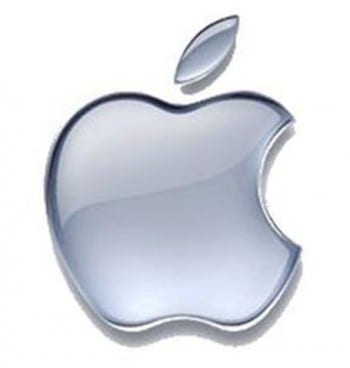Apple Inc. (NASDAQ:AAPL) has made some new changes in its App Store Review Guidelines to be followed by its developers before they can develop and submit apps for iOS devices. These changes are in relation to obtaining permission for health-related human subject research, approvals in case third party sources are used for downloading music and video and disclosure of policies related to Apple pay.
The health research guidelines are mostly in relation to its newly launched ResearchKit platform. At the time of launch of Apple watch and MacBook, the company had released a ResearchKit platform with the help of which the iPhone community can be instrumental in conducting medical research. With the help of iPhone apps, users will be able to do things like getting a Parkinson’s test done or perform tapping tests which would help to evaluate hand tremors. The company has already released five of such medical apps this week.
Concerning the aforesaid, Apple requires its developers to obtain permission in relation to the following before conducting any health-related human subject research:
- Nature, purpose, and duration of the test;
- Methodology, pros and cons of the test
- Confidentiality terms for data obtained
- Person responsible for handling questions, if any
- The process of withdrawal
Such consent needs to be obtained from the participants themselves or their parents and guardians, in case of minor.
In relation to Apple pay, the guidelines require the developers, who use payment service for making recurring payments, to reveal the following details:
- The duration of the renewal term
- The payment to be made during that term
- The charges to be recovered from consumers
- The process of making cancellations, if any
At last came the new download policy of Apple. It says that if any of the new apps are downloading music or video from any third-party source, it can be done only when a clear-cut approval has been obtained from such parties in such regard. Such third-parties may include YouTube, SoundCloud, Vimeo, etc.









